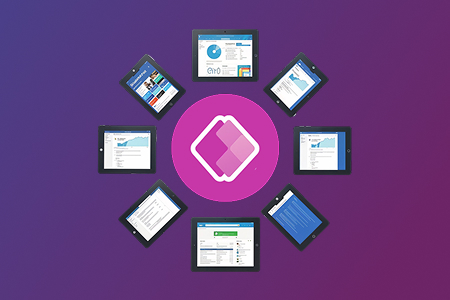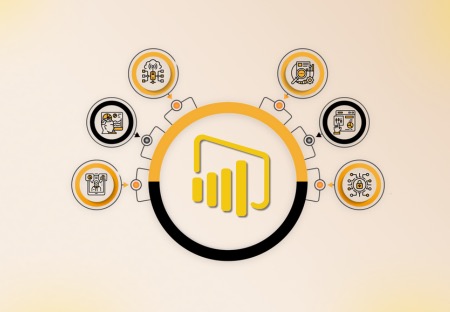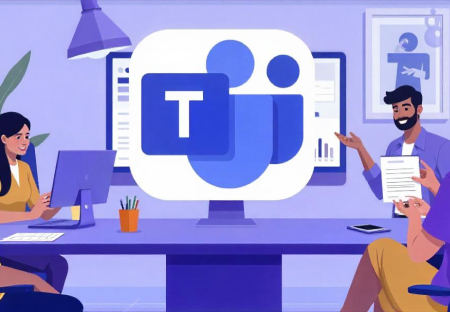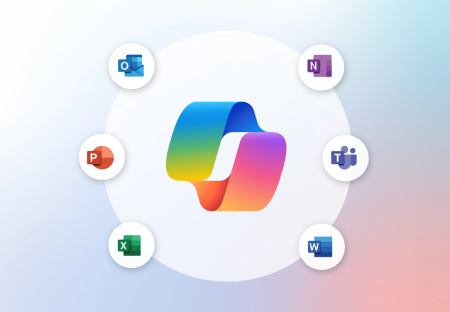The healthcare industry is grappling with the twin challenges of delivering high-quality care and controlling costs. Electronic Health Records (EHRs) have emerged as a powerful tool to address these challenges. By digitizing patient information, EHR systems streamline operations, improve efficiency, and ultimately, enhance financial performance. In this blog, we will explore the various financial benefits that EHRs offer to healthcare providers.
Cost Reduction
One of the most significant advantages of EHRs is cost reduction. Traditional paper-based systems are inefficient and time-consuming. EHRs eliminate the need for paper records, reducing administrative costs associated with storage, retrieval, and duplication. Additionally, EHRs automate many manual tasks, such as appointment scheduling, billing, and coding, leading to increased productivity and cost savings.
Improved Care Coordination
EHRs facilitate seamless information sharing among healthcare providers, enabling better care coordination. By providing a comprehensive view of a patient’s medical history, EHRs help avoid duplicate tests, reduce medication errors, and prevent readmissions. These improvements in care quality lead to lower healthcare costs and increased patient satisfaction.
Revenue Cycle Management
EHRs play a crucial role in optimizing revenue cycle management. By automating billing and coding processes, EHRs reduce the risk of errors and claim denials. Additionally, EHRs provide tools for charge capture and eligibility verification, ensuring that providers receive appropriate reimbursement for their services.
Enhanced Decision Making
EHRs generate valuable data and analytics that can be used to improve decision-making. By analyzing patient data, healthcare providers can identify trends, measure performance, and optimize resource allocation. This data-driven approach leads to cost-effective care delivery and improved financial outcomes.
Increased Efficiency
EHRs streamline workflows and eliminate time-consuming tasks, allowing healthcare providers to focus on patient care. By automating routine processes, EHRs increase efficiency and productivity, ultimately leading to increased revenue and profitability.
Conclusion
The implementation of EHRs is a strategic investment for healthcare providers seeking to improve financial performance. A recent study by Healthcare Industry Report found that EHRs can lead to significant cost reductions for healthcare providers. By reducing costs, improving care coordination, optimizing revenue cycle management, enhancing decision-making, and increasing efficiency, EHRs deliver a strong return on investment. As the healthcare industry continues to evolve, EHRs will become an increasingly essential tool for achieving financial success. Book a free consultation to know more about EHRs.
Read the blog – A guide to EHR System











